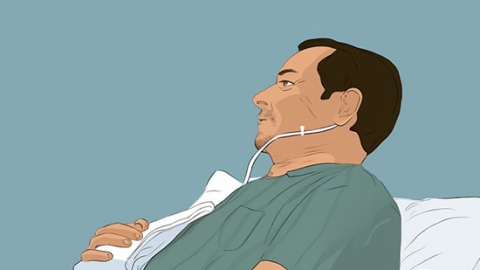How is Japanese encephalitis treated?
Japanese encephalitis is primarily treated with symptomatic and supportive therapies, including fever reduction and seizure control, management of intracranial pressure, prevention and treatment of respiratory failure, antiviral therapy, and nutritional support. These measures help alleviate symptoms, prevent complications, and reduce the severity of the disease. If symptoms such as high fever, headache, or impaired consciousness occur, immediate medical attention is recommended.
1. Fever reduction and seizure control: For high fever, physical cooling methods such as tepid water sponge baths are used in combination with antipyretic medications. If seizures occur, sedatives such as diazepam may be administered to prevent brain tissue damage from febrile convulsions.

2. Intracranial pressure management: When intracranial pressure is elevated, mannitol is rapidly administered via intravenous infusion to reduce cerebral edema. Fluid intake should be restricted to prevent further increases in intracranial pressure and avoid serious complications such as brain herniation.
3. Prevention and treatment of respiratory failure: Respiratory function should be closely monitored. In cases of shallow or rapid breathing or abnormal respiratory rhythms, timely oxygen supplementation should be provided. Mechanical ventilation may be necessary if needed. Pulmonary infections should also be prevented to avoid worsening respiratory failure.
4. Antiviral therapy: Antiviral drugs such as ribavirin may be used early in the course of illness to inhibit viral replication and reduce neurological damage caused by the virus. However, these medications must be used under medical supervision; self-medication should be avoided.
5. Nutritional support: A diet high in calories, protein, and easy to digest should be provided. For patients unable to eat, intravenous nutrition should be administered to meet metabolic demands, enhance immune function, and promote recovery.
In daily life, mosquito prevention and control are essential to avoid mosquito bites. Timely vaccination against Japanese encephalitis, maintaining a clean living environment, and regular physical activity to boost immunity can effectively reduce the risk of infection with the Japanese encephalitis virus.







